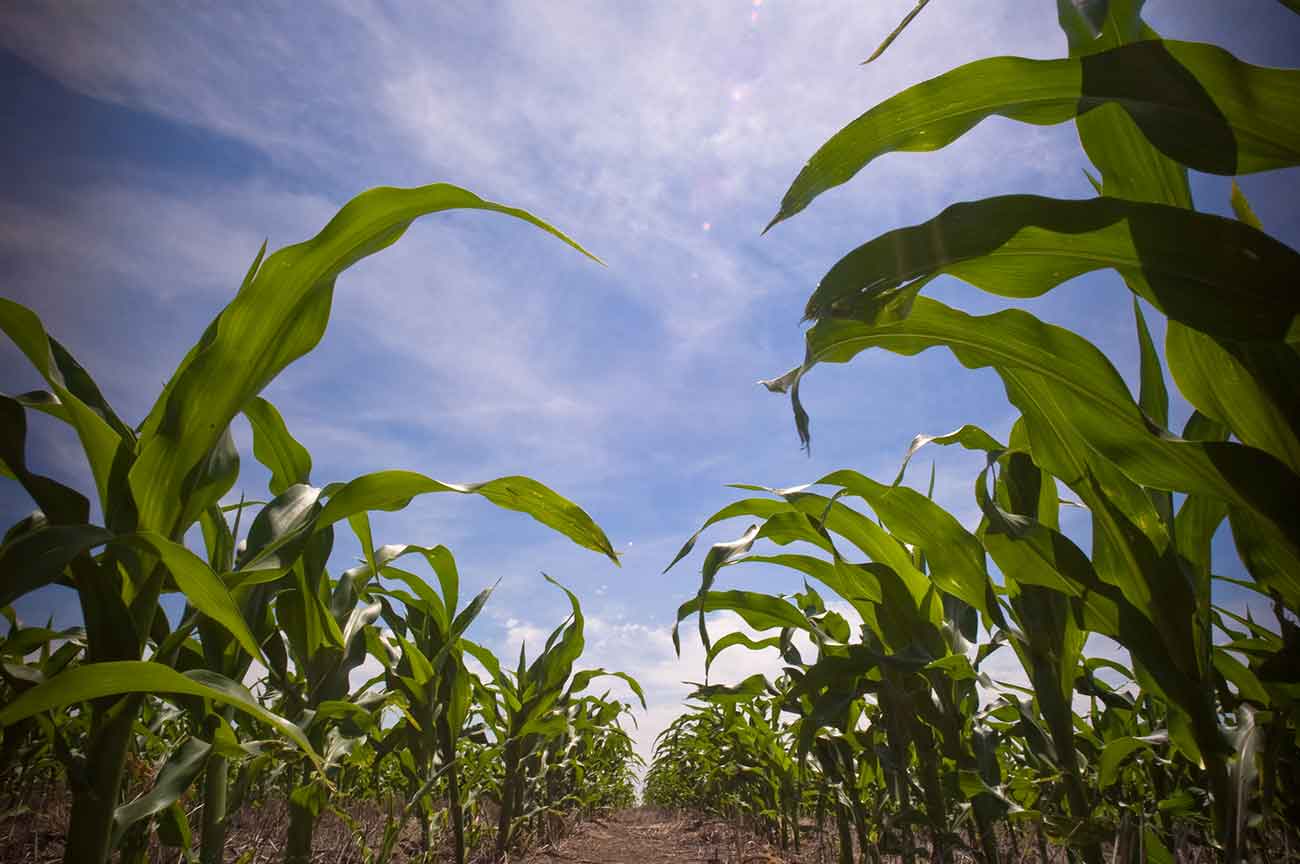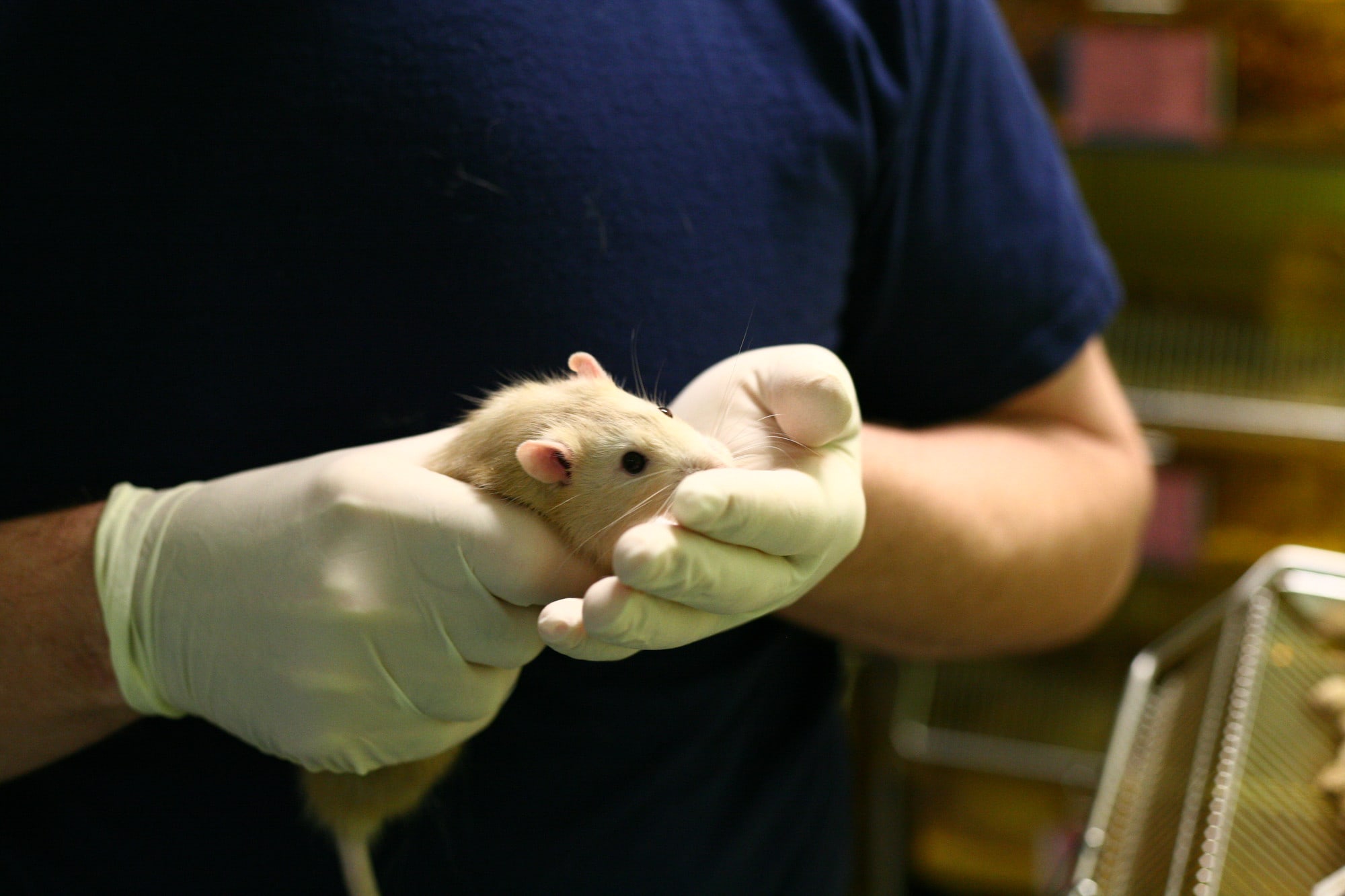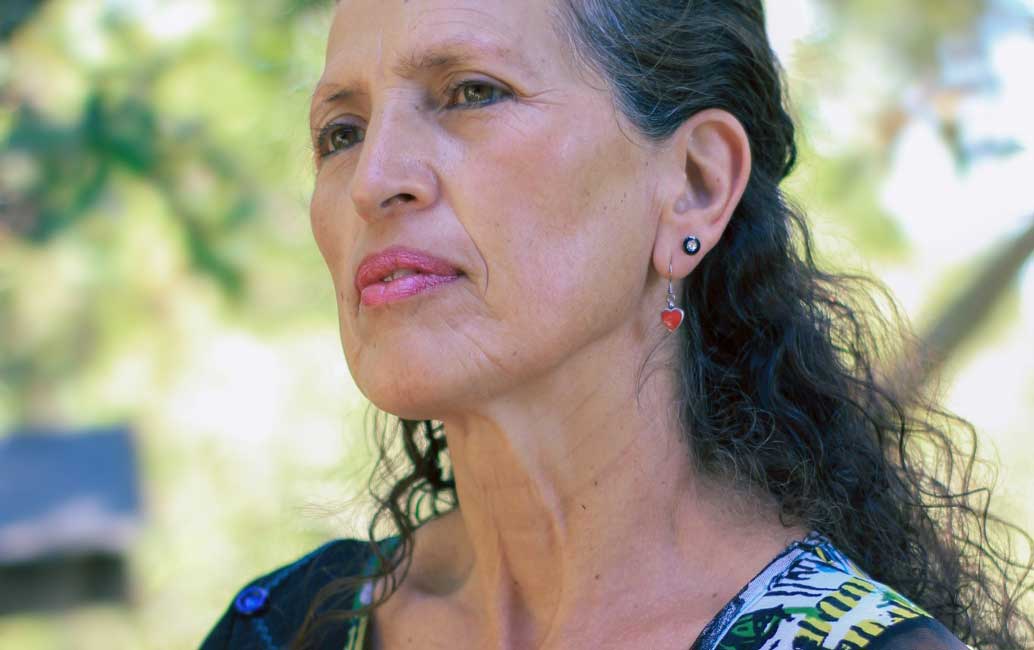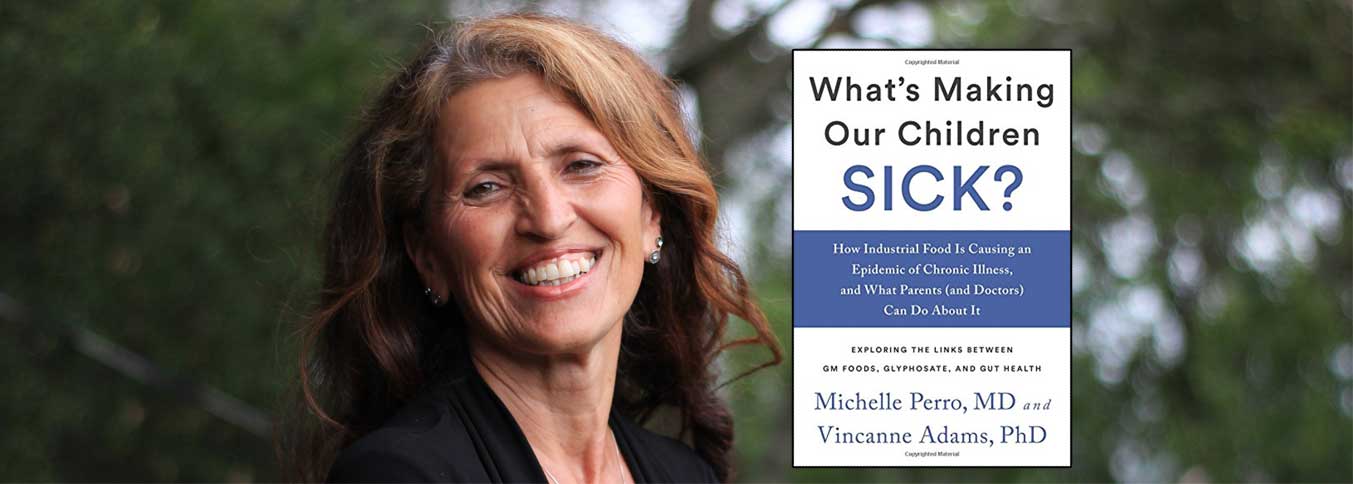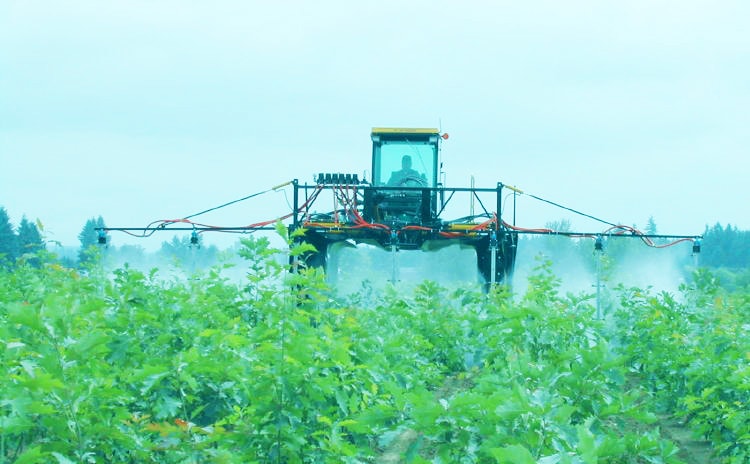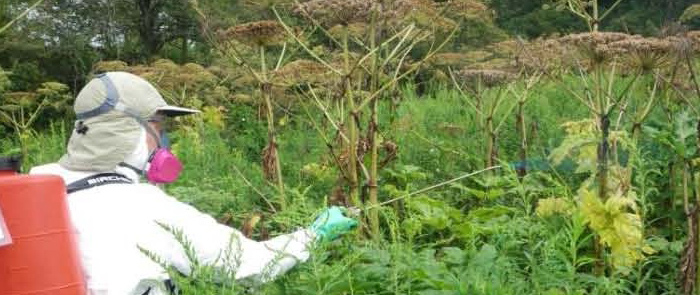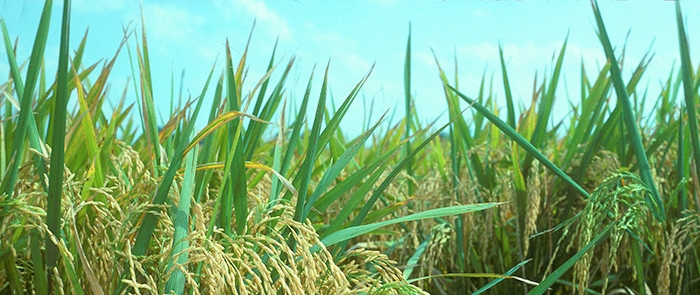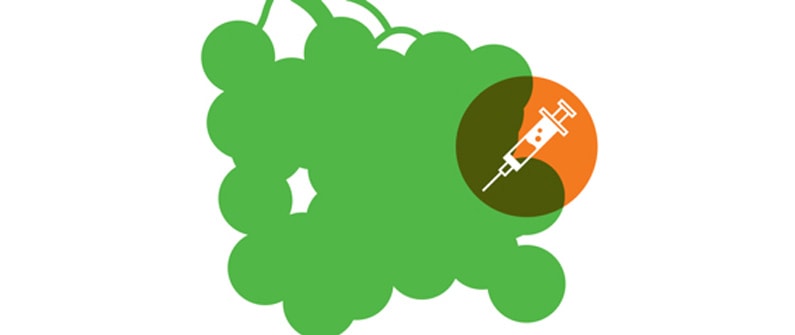Environmental Toxins
also known as environmental toxicants
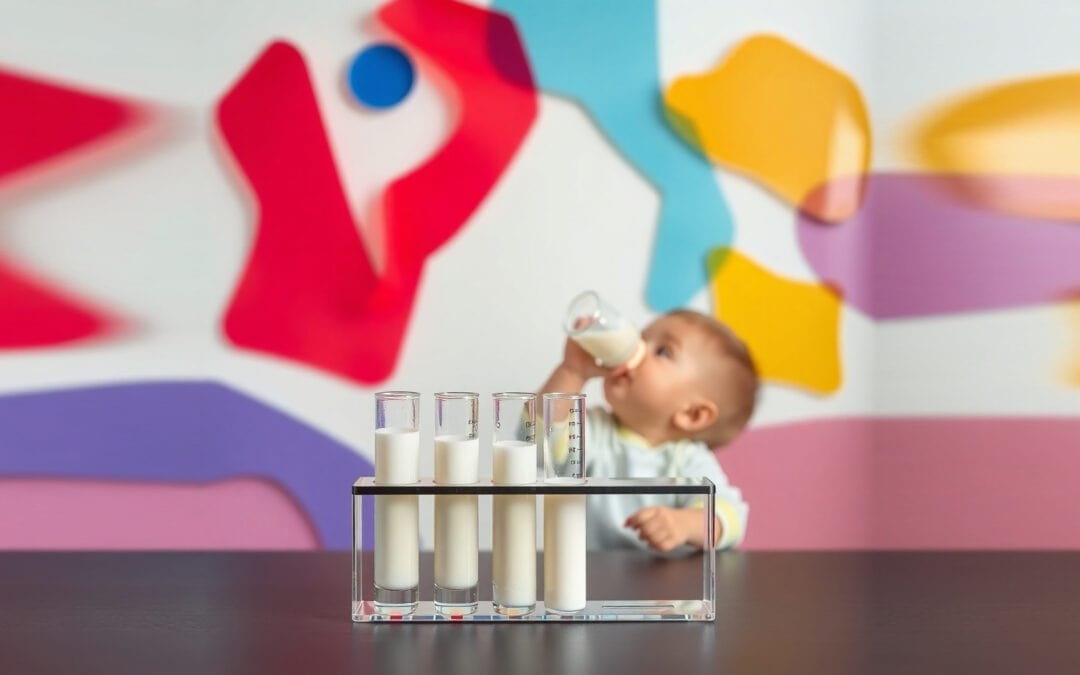
Synthetic Milk and Our Children: A Pediatrician’s Cautionary Tale
Article 7 in the Got REAL Milk Series Why Synthetic Milks May Be a Bad Idea for Children:A Pediatrician’s Perspective A summary for busy parents: Synthetic milks lack key bioavailable nutrients found in organic dairy, including healthy fats, essential amino acids, and fat-soluble vitamins which are necessary for brain development and immune function. These products are new to the market and have no long-term safety data in children whose developing systems may be more vulnerable to novel...

Danger in the Dough: Unveiling the Toxic Contaminants in Girl Scout Cookies
Article by Michelle Perro, MD, Stephanie Seneff, PhD, and Zen Honeycutt BFA Introduction Consumer groups, GMOScience, Moms Across America, and supporters have commissioned the testing of Girl Scout cookies for toxic metals and glyphosate/AMPA (an herbicide and its byproduct), to promote awareness and positive change for health. The results were extremely concerning. 100% of the samples were positive for glyphosate 100% were positive for toxic metals 22 out of 25 (88%) of samples were positive...
A GMO Corn and Its Non-GMO Parent Are Not Substantially Equivalent
Findings question industry and regulatory position of substantial equivalence of GM crops and may have safety implications
A GMO Corn and Its Non-GMO Parent Are Not Substantially Equivalent (Page 2)
Results from animal testing show differences between rats fed GMO versus non-GMO corn. This is Page 2 of a 3-page article. If you are just joining us, please read Page 1 first.
A GMO Corn and Its Non-GMO Parent Are Not Substantially Equivalent (Page 3)
The pediatrician and executive director of GMOScience, Michelle Perro, M.D. commented on the clinical relevance of these studies to human health. This is Page 3 of a 3-page article. If you are just joining us, please see Page 1 and Page 2.
Healthy Food, Healthy Children
In order to reverse the current health crisis affecting children, we need to rethink our relationship with food and the type of medicine we support, says Professor Vincanne Adams.
What’s Making Our Children Sick? And What We Can Do About It
An interview with pediatrician Michelle Perro, MD
Massive Rise in Use of Glyphosate-based Herbicides
Herbicides containing glyphosate are the most heavily used worldwide. A comprehensive account of the use of glyphosate-based herbicides (GBH) is available in an article published by Environmental Sciences Europe in February 2016 (1). This article examines the last 40...
Glyphosate and Glyphosate-based Herbicides
Glyphosate is the active ingredient in the herbicide formulations most commonly used on genetically engineered (GE) crops. For nearly a decade, glyphosate has been far and away the most widely and heavily used pesticide in the US and globally. In 2015, US farmers and...
Are GMOs contributing to the rise in chronic health conditions in our children?
Through sanitation, better nutrition, medical care and many other advances, we naturally expect that children’s health should continually improve over time. However, this has not been the case in recent years. Many childhood diseases are on the rise and the rate of...
Super Weeds and Herbicide – Tolerant Genetically Engineered Crops
By Belinda Martineau, PhD Some Ag-Biotech history Twenty years ago, before crops genetically engineered to be herbicide-tolerant were commercially available, one of the big concerns environmentalists had about the use of agricultural biotechnology was that it would...
Regulation of Genetically Engineered Foods
In the US, genetically engineered (GE) organisms are regulated by the Food and Drug Administration (FDA), the US Department of Agricultural (USDA) and the Environmental Protection Agency (EPA). Since the first commercialization of GE foods, the US National Academy of...

